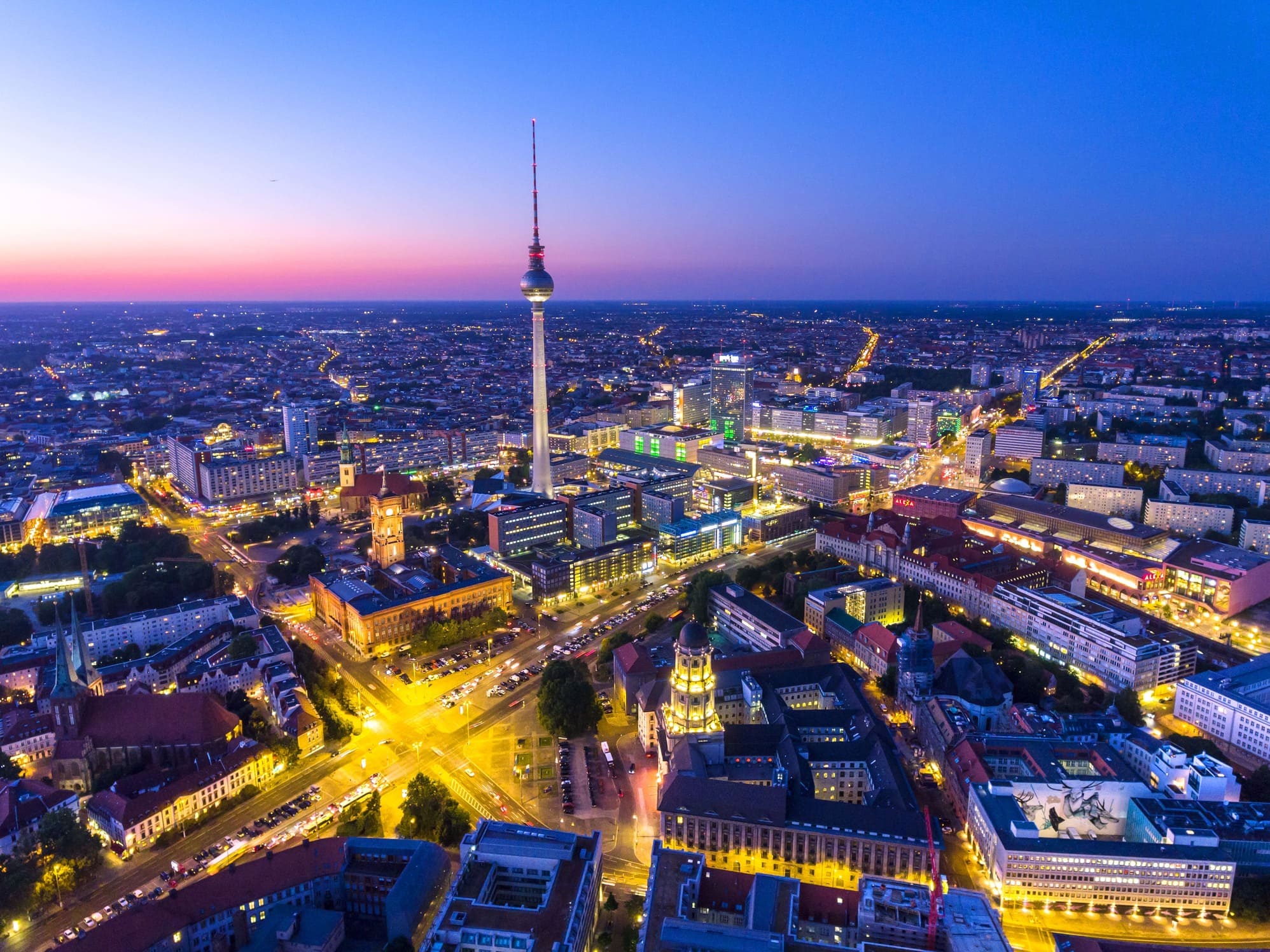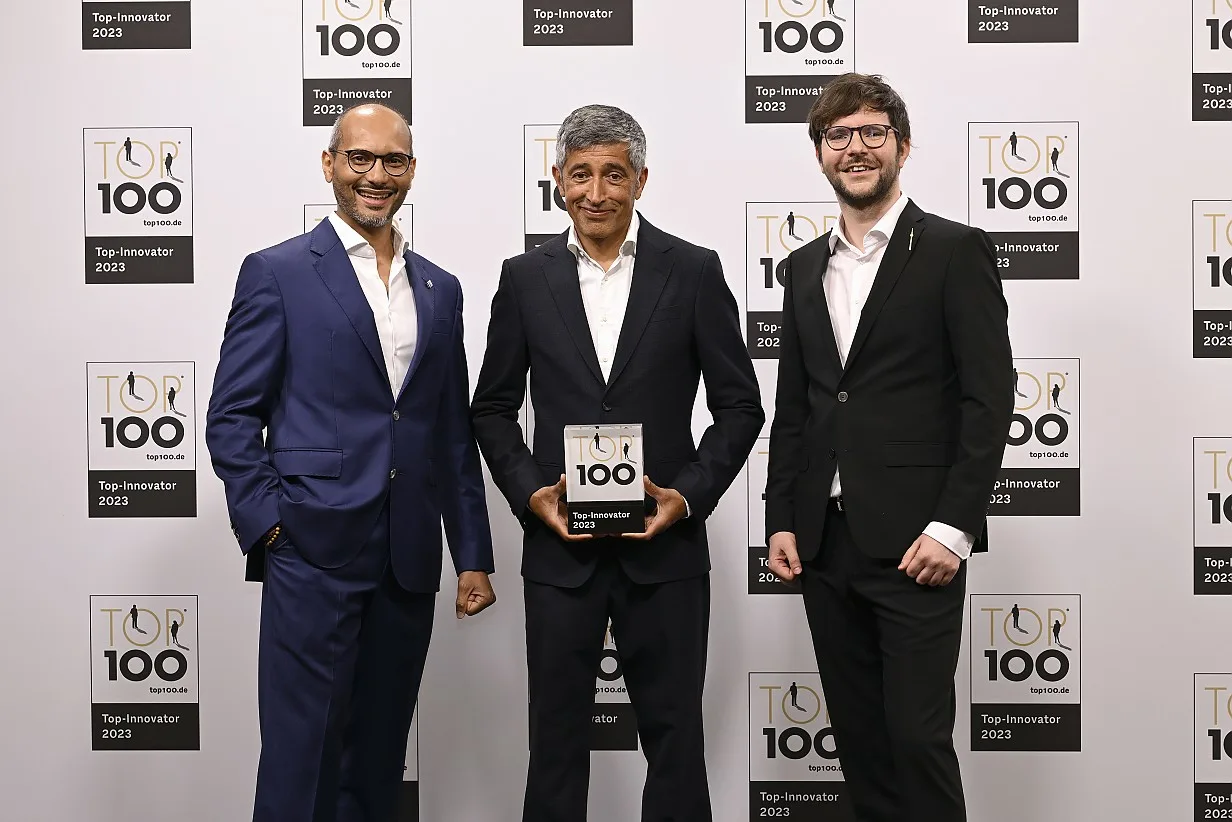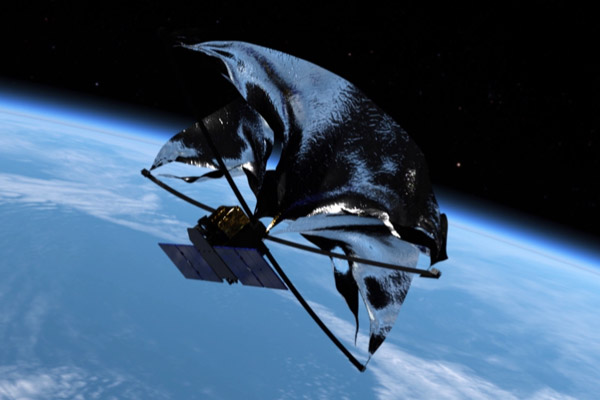
Berlin Space Technologies opens satellite factory in Berlin
Published on Tue, 13.09.2022 – 10:21 CEST in Upstream, covering Berlin Space TechnologiesIn the close neighborhood of the company's Berlin headquarters, more than 200 satellites are to be built annually from mid-2024. The location and size of the satellite factory will allow it to scale up to thousands of units per year. According to Berlin Space Technologies (BST), this will enable Europe to rejoin the race for satellite mega-constellations.
BST supplies satellites "Made in Germany
BST announced the opening of the factory at the World Satellite Business Week (September 12-16, 2022, Paris). The company now has two production sites. The first is located in Ahmedabad (India) and is focused on the production of platforms weighing 50-150 kg. In Berlin, on the other hand, series production of satellites with a mass of more than 200 kg to 500 kg will take place. According to BST, this class of satellite is in high demand from both commercial and institutional users in Europe.
In order to achieve the targeted unit numbers, BST is relying on the experience gained in India. The new factory will complement the existing vertically integrated design and manufacturing capabilities. It has been announced that the LEOS platform, which is already flight-proven, will also be manufactured in Berlin. This could make "Made in Germany" satellites available on a large scale from 2023 to complement the tailored systems already available in series production. In view of the numerous mega-constellations planned - including European ones - this could become a competitive advantage. But in the meantime, time is pressing.
Europe came late to the game of implementing mega constellations.
Tom Segert, CEO Berlin Space Technologies
From individual items to series production
As Tom Segert, CEO of Berlin Space Technologies, points out, space flight in Europe has so far been limited to expensive, low-volume large satellites. These are used, among other things, for long-term missions that run under the aegis of institutions such as the ESA. However, the tide has turned with the commercialization of spaceflight - the NewSpace. Numerous business models from private-sector companies are relying on smaller satellites. Their advantages: They are faster to manufacture and therefore more cost-effective.
However, it will not work to counter cost pressure by relocating production to low-wage countries. Satellites have long been part of the critical infrastructure, which is subject to particularly high security requirements. This is also underlined by the initiative announced in 2021 by EU Commissioner Thierry Breton for a space-based secure connectivity system for the EU.

In the course of this, Segert calls for Europe to build on its strengths and leverage existing technologies. Matthias Buhl, CTO of BST, confidently bridges the gap with Berlin Space Technologies: "For our class of satellites (50-500kg) nobody in the EU has the same level of vertical integration, from satellite equipment to ground support hardware."




